On many forums, debates about: Are people ready for the vehicle conversion? Can the charging station infrastructure meet the needs of millions of vehicles at the same time? The risks of fire and explosion, the cost of replacing vehicles, and the treatment of batteries after use?... are still being fiercely debated. However, there is a close, low-cost, environmentally friendly solution that has been associated with Vietnam's urban lifestyle for decades but is still absent from policy forums - the bicycle.
In the memory of many people, about 25-30 years ago, the image of the capital Hanoi was of people cycling to school, to work, leisurely, simple and close. As life developed, motor vehicles gradually replaced bicycles. But now, when the problem of environment and urban traffic has become more urgent than ever, "rebuilding" the culture of cycling is not only nostalgic, but also a practical direction.
In advanced countries with per capita incomes among the highest in the world such as the Netherlands, Belgium or Denmark, the choice to ride a bicycle is of course not because they cannot afford to buy a car or an electric motorbike, but because their governments have persistently built a civilized and sustainable habit. Even the former Dutch Prime Minister, Mr. Mark Rutte, still cycles to the Prime Minister's Office every day, becoming a powerful media image, inspiring and guiding public opinion beyond any propaganda slogan.
The benefits of cycling are probably well known to everyone: exercise, environmental protection, and especially the investment cost is dozens of times cheaper than electric vehicles. If an electric vehicle costs tens of millions of dong, a good bicycle only costs a few million dong. This significantly reduces the financial pressure on workers and students, the most affected groups if they are forced to change their means of transport in a short time.
However, to encourage people to confidently ride bicycles, many accompanying policies are needed: building separate lanes, ensuring safety, promoting public bicycle models such as in Ho Chi Minh City, Hanoi or Da Nang ; organizing campaigns for smoke-free days, cycling to work, with the participation of senior leaders to spread the new lifestyle. Instead of just focusing on consensus on switching to electric vehicles, we need to expand discussion forums, help change awareness and traffic habits, create space for bicycles, a solution that is not new, but never outdated.
Source: https://www.sggp.org.vn/tai-thiet-van-hoa-di-xe-dap-post807757.html




![[Photo] Prime Minister Pham Minh Chinh chairs the meeting of the Government Party Committee Standing Committee](https://vphoto.vietnam.vn/thumb/1200x675/vietnam/resource/IMAGE/2025/8/23/8e94aa3d26424d1ab1528c3e4bbacc45)


![[Photo] General Secretary To Lam attends the 80th Anniversary of the Cultural Sector's Traditional Day](https://vphoto.vietnam.vn/thumb/1200x675/vietnam/resource/IMAGE/2025/8/23/7a88e6b58502490aa153adf8f0eec2b2)

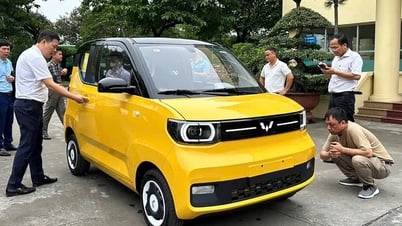


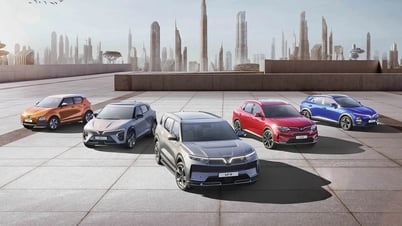



















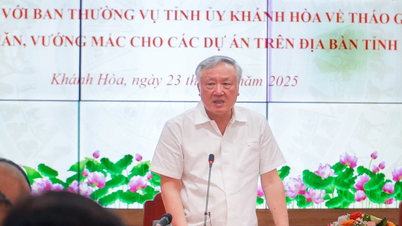



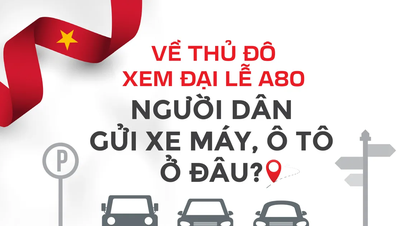












































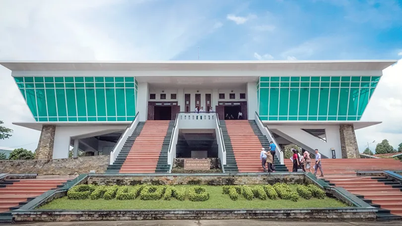



















Comment (0)